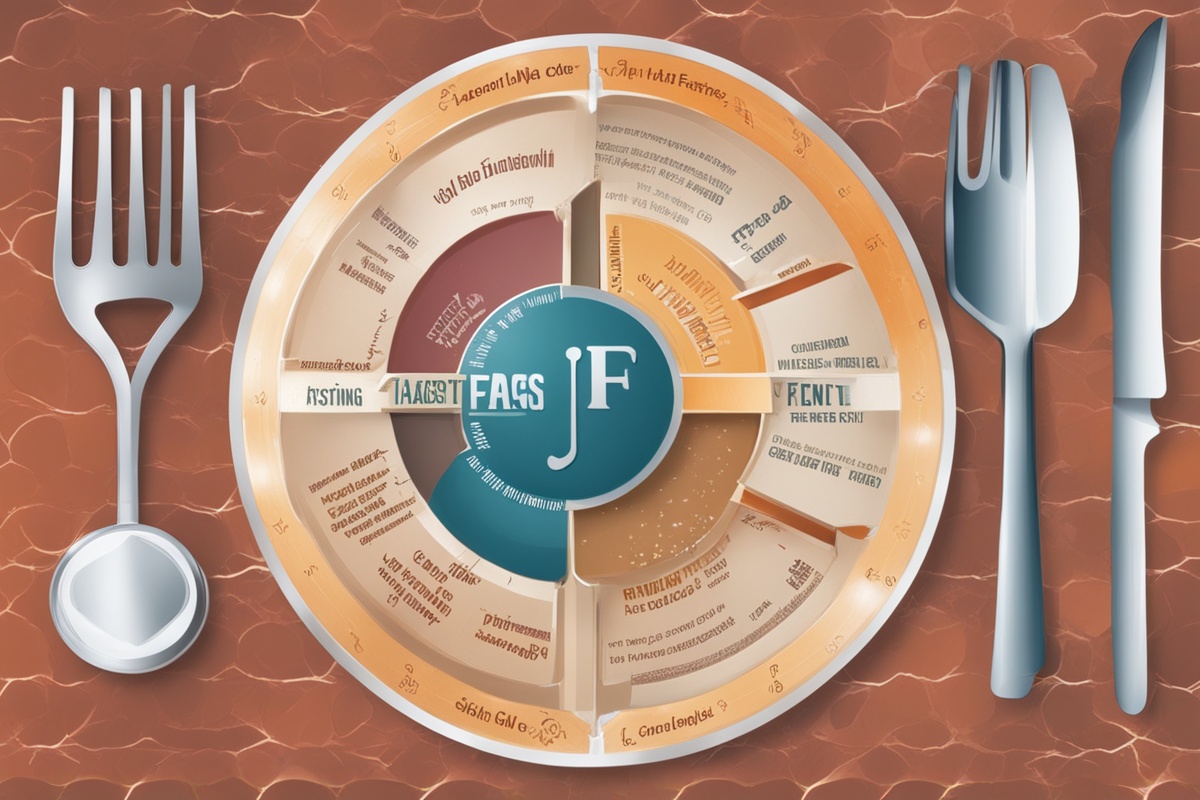Fasting has long been practiced for spiritual, cultural, and health reasons, but recent scientific interest has turned toward its potential role in disease prevention. Among the various fasting methods, intermittent fasting has gained significant attention for its possible benefits in reducing cancer risk. In this post, we’ll explore the connection between intermfasting and cancer cancer prevention, delving into the science, mechanisms, and practical considerations of using this dietary approach as a potential tool for health optimization. The concept of intermittent fasting cancer prevention is an emerging field, and while research is still ongoing, the early findings are promising.
What Is Intermittent Fasting?
Intermittent fasting (IF) is a dietary pattern that alternates between periods of eating and fasting. Unlike traditional diets that focus on what you eat, IF emphasizes when you eat. Common methods include the 16/8 method (fasting for 16 hours and eating during an 8-hour window), the 5:2 diet (eating normally for five days and restricting calories on two non-consecutive days), and alternate-day fasting. This approach has been linked to numerous health benefits, including weight loss, improved metabolic health, and, more recently, potential cancer prevention. The idea of intermittent fasting cancer prevention stems from its influence on cellular processes that may inhibit cancer development.
The Science Behind Intermittent Fasting and Cancer Risk
Research into intermittent fasting and its impact on cancer is still in its early stages, but several studies suggest a connection. Fasting can induce a state of ketosis, where the body burns fat for energy instead of glucose, potentially starving cancer cells that rely heavily on sugar for growth. Additionally, IF may reduce inflammation, improve insulin sensitivity, and promote autophagy—a process where cells recycle damaged components, which could prevent the mutations that lead to cancer. While human studies are limited, animal models have shown that fasting cycles can slow tumor growth. The growing interest in intermittent fasting cancer prevention highlights the need for more clinical trials to confirm these effects in humans. For more on the metabolic benefits of fasting, check out our post on Fasting and Metabolic Health.
Mechanisms Linking Intermittent Fasting to Cancer Prevention
Several biological mechanisms may explain how intermittent fasting could lower cancer risk. First, fasting reduces levels of insulin-like growth factor 1 (IGF-1), a hormone associated with cell proliferation and cancer development when present in high amounts. Second, it enhances DNA repair mechanisms, protecting cells from damage that could lead to malignancy. Third, fasting may lower oxidative stress by reducing the production of free radicals, which can harm cells and contribute to cancer. These mechanisms collectively suggest that intermittent fasting cancer prevention could be a viable strategy, though it’s not a standalone solution. Learn more about cellular health in our article on Autophagy and Fasting Benefits.
Practical Tips for Incorporating Intermittent Fasting Safely
If you’re considering intermittent fasting as part of a health strategy, it’s important to approach it safely, especially when thinking about cancer prevention. Start with a beginner-friendly method like the 16/8 plan, and gradually adjust based on how your body responds. Stay hydrated during fasting periods, and ensure your eating windows include nutrient-dense foods to support overall health. It’s also crucial to consult a healthcare provider, particularly if you have a history of cancer or other medical conditions. For guidance on starting a fasting routine, read our detailed guide on Beginner’s Guide to Fasting.
Additionally, avoid over-restricting calories, as this can lead to fatigue or nutrient deficiencies. Balance is key—intermittent fasting should complement a healthy lifestyle, not replace it. If you’re new to fasting, you might also find value in our post on Fasting for Weight Loss Tips.
Limitations and Risks of Intermittent Fasting for Cancer Prevention
While the potential of intermittent fasting in reducing cancer risk is exciting, it’s not without limitations. Most studies are preclinical, meaning they’ve been conducted on animals or in lab settings, not humans. Results may not translate directly, and long-term effects remain unknown. Furthermore, fasting isn’t suitable for everyone—pregnant women, individuals with eating disorders, or those undergoing cancer treatment should avoid it unless under strict medical supervision. Overzealous fasting can also lead to muscle loss or metabolic slowdown if not done correctly. For a deeper dive into who should avoid fasting, see our article on Fasting Risks and Precautions.
What the Future Holds for Intermittent Fasting Research
The field of intermittent fasting cancer prevention is ripe for exploration. Ongoing clinical trials are investigating how fasting impacts cancer recurrence, treatment outcomes, and prevention in high-risk populations. Researchers are also studying whether combining IF with therapies like chemotherapy can enhance effectiveness by making cancer cells more vulnerable to treatment. As more data emerges, we’ll gain a clearer picture of how to integrate fasting into comprehensive cancer prevention strategies. Until then, it’s a promising but unproven tool that should be approached with cautious optimism.
Disclaimer: This content is for informational purposes only and not a substitute for professional medical advice. Always consult with a qualified healthcare provider before making any changes to your diet or lifestyle, especially if you are at risk for or have a history of cancer.
References
- de Cabo, R., & Mattson, M. P. (2019). Effects of Intermittent Fasting on Health, Aging, and Disease. New England Journal of Medicine.
- National Cancer Institute. (2020). Can Intermittent Fasting Help Cancer Treatment?
- Nencioni, A., et al. (2019). Fasting and Cancer: Molecular Mechanisms and Clinical Application. Nature Reviews Cancer.
- Harvard Health Publishing. (2018). Intermittent Fasting: Surprising Update.
- MD Anderson Cancer Center. Intermittent Fasting and Cancer: What You Need to Know.






